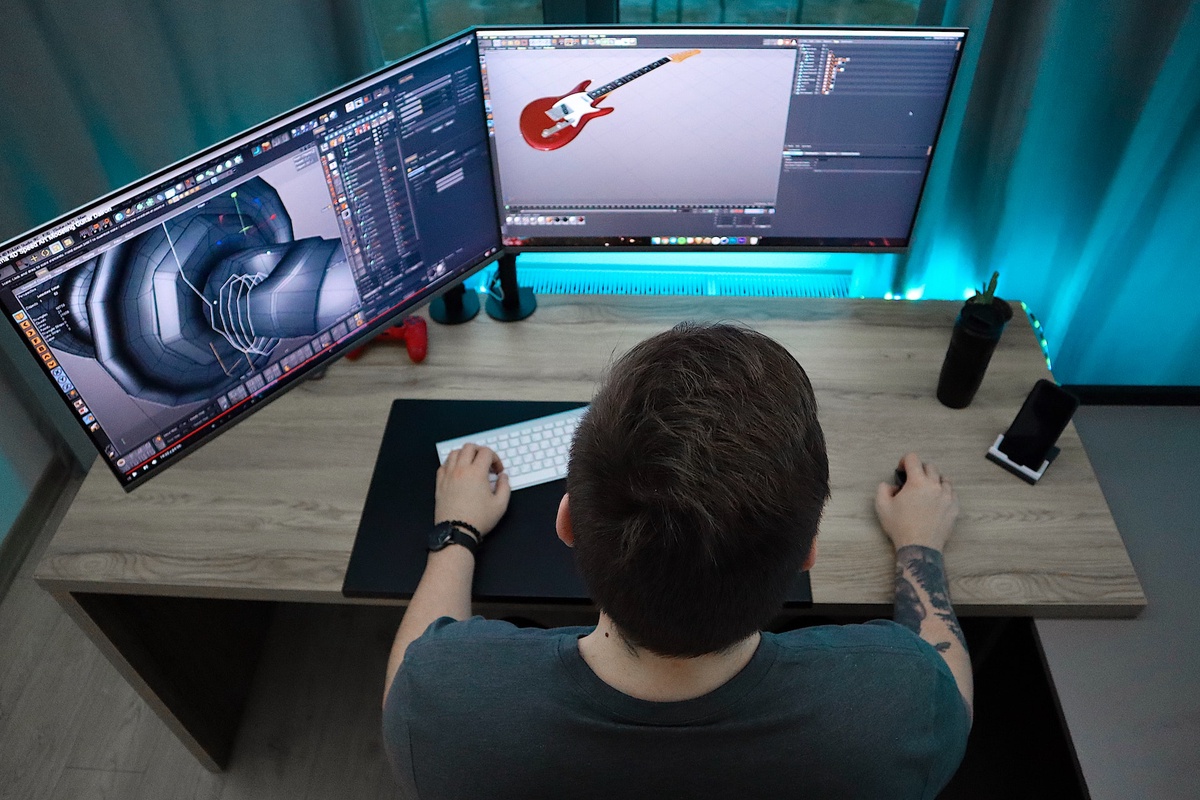In today's fast-paced digital world, convenience and efficiency are of utmost importance. This emphasis on speed and convenience has led to the exponential growth of the mobile application market. In particular, the success of on-demand service apps like Uber has sparked significant interest in businesses and entrepreneurs worldwide, leading to the emergence of Uber-like applications.
Creating an Uber clone application essentially means developing an application with similar functionality and business model as Uber, but customized to suit your unique business requirements. This blog will guide you through the ins and outs of Uber clone app development, including its benefits, features, development process, and cost factors.
The Scope and Market of Uber Clone App
Uber, as a business model, has demonstrated a successful, scalable way of providing on-demand taxi services, and its influence has expanded beyond just transportation. The 'Uber for X' model, where 'X' represents any on-demand service, has become a popular strategy for many startups. Whether it's food delivery, home cleaning services, healthcare, or more, the Uber-like model has found its place.
Market research indicates that the global ride-hailing service market is expected to reach USD 117.34 billion by 2021, expanding at a CAGR of 19.87% between 2021 and 2028. Given this potential market growth, now is the perfect time to invest in Uber-like app development.
Benefits of Uber Clone App Development
A. Customization and Scalability
One of the key advantages of creating an Uber clone app is the flexibility it offers. While you start with a basic template similar to Uber, you can customize the features, design, and workflows to better suit your business needs. Moreover, the app can be scaled up as your business grows, allowing you to add more features and services as necessary.
B. Cost-Effective and Time-Saving
Developing an app from scratch can be expensive and time-consuming. With Uber clone app development, you save time and resources since you're starting with an already successful and validated model. This not only shortens the time-to-market but also reduces the risk of failure.
C. Proven Business Model
Uber's business model is proven and successful. By creating a similar app, you can leverage the advantages of this model while differentiating your services to stand out from the competition.
Essential Features of an Uber Clone App
Your Uber clone app will typically consist of three main components - the rider app, the driver app, and the admin panel. Each of these components will have its specific features.
A. Rider App Features
-
User Registration and Profile Management: This feature allows users to register and create a profile in the app using their email or social media accounts.
-
Booking Interface: Users can book a ride from this interface by entering their pickup and drop-off locations.
-
Fare Calculator: This feature provides an estimated fare before the user confirms the booking based on the distance and other factors.
-
Real-Time Tracking: Once the ride is booked, users can track the driver's location in real-time.
-
Payment Options: The app should provide various secure payment options, including credit/debit cards, mobile wallets, and cash.
-
Ride History and Receipts: Users can view their past rides and digital receipts in this section.
-
Ratings and Reviews: After completing the ride, users can rate their experience and provide feedback.
B. Driver App Features
-
Driver Registration and Profile Management: Similar to the rider app, drivers can register and manage their profiles, including their license and vehicle details.
-
Trip Requests: Drivers receive notification of nearby ride requests which they can accept or decline.
-
Navigation and Route Optimization: The app should provide GPS-enabled navigation and route optimization features to help drivers reach their destinations efficiently.
-
Earnings Tracker: This feature allows drivers to track their earnings from completed rides.
-
Ratings and Reviews: Drivers can also rate riders and provide feedback about their experiences.
C. Admin Panel Features
-
Dashboard: The dashboard provides an overview of all operations, including active rides, total drivers, total users, earnings, etc.
-
Driver Management: The admin can manage all driver profiles, track their activities, and handle payouts.
-
User Management: This feature allows the admin to manage user profiles and address any issues or disputes.
-
Reports and Analytics: The admin panel should provide comprehensive reports and analytics to help the admin make data-driven decisions.
Steps to Develop an Uber Clone App
A. Market Research
Before you begin the development process, conduct thorough market research to understand your target audience, competition, and market trends.
B. Define Your Unique Selling Proposition
Identify what sets your service apart from existing players. This could be anything from a unique feature, pricing strategy, or a specific market niche.
C. Choose a Mobile App Development Company
Choose a reliable and experienced mobile app development company to bring your idea to life. The company should have a proven track record in developing on-demand service apps.
D. Design and Development
This phase involves creating the user interface and developing the app's front-end and back-end. Remember to keep the design simple and user-friendly.
E. Testing
Once the app is developed by the react developers, it needs to be thoroughly tested to ensure it is bug-free and provides a smooth user experience.
F. Launch and Marketing
After testing, you can launch the app on the respective app stores. Be sure to have a marketing strategy in place to promote your app and attract users.
Cost of Developing an Uber Clone App
The cost of developing an Uber clone app depends on various factors, including the complexity of the app, number of features, development platform (iOS, Android, or both), location of the development team, and more. On average, the development cost can range from $20,000 to $60,000 or more. However, it's always best to discuss your requirements with the Uber clone app development company to get a precise estimate.
Conclusion
Developing an Uber clone app can be a promising venture given the increasing demand for on-demand service apps. It offers the advantages of a proven business model while allowing for customization to suit your unique business needs. Partnering with a reliable mobile app development company like CronJ, can ensure a smooth development process and a high-quality end product. Good luck with your Uber clone app development journey!


No comments yet